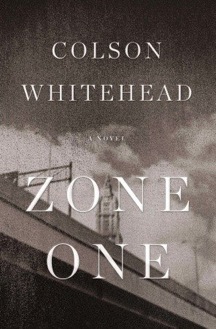The allure of apocalypse fiction

It seems that scholars have been wringing their hands over our seemingly endless desire for apocalypse ever since there were scholars. Whether you pinpoint the rise of apocalypse fiction 20, 50 or 2000 years ago, personally I think that the desire to read about an apocalypse is as old as civilization itself.
The type of apocalypse varies with the age, of course. In the 1980s, we dreamed of nuclear annihilation, with popular post-apocalyptic novels like The Postman by David Brin. And this was about the time that fiction began to use the "mysterious lack of technology" scenario, whether it's a Carrington Event-sized electromagnetic storm, or a magical equivalent of the same (as in the cult favorite fantasy novel Ariel by Steven R. Boyett).
But post-apocalyptic tales go back much farther than the 1980s. Before she wrote Frankenstein, Mary Shelley penned a post-apocalyptic novel called The Last Man in 1826 (which in many ways is better than Frankenstein, but I digress). The apocalypse in question was a plague - how modern! And reaching back even farther, one of the best-known apocalyptic texts is the Book of Revelation, which was probably written by John the Apostle around 95 AD.
Personally, I think the specific form of the apocalypse (be it nuclear annihilation, zombies, or a seven-horned lamb with seven eyes) is just a bit of set dressing. The underlying story is always the same: the world ends, but you survive. It fulfills our desire for escapism at its most literal level.
An apocalypse means the end of all your tedious chores, paying the bills, managing your credit score, visiting the gym, making small talk with that one guy in the office that you just can't stand. From a literary perspective, it promises to strip the character of all their modern cruft and reveal what it means to truly be human. And often the answer to that is, "Pretty brutal, actually."
Cover image copyright of Colson Whitehead/Doubleday

2 comments